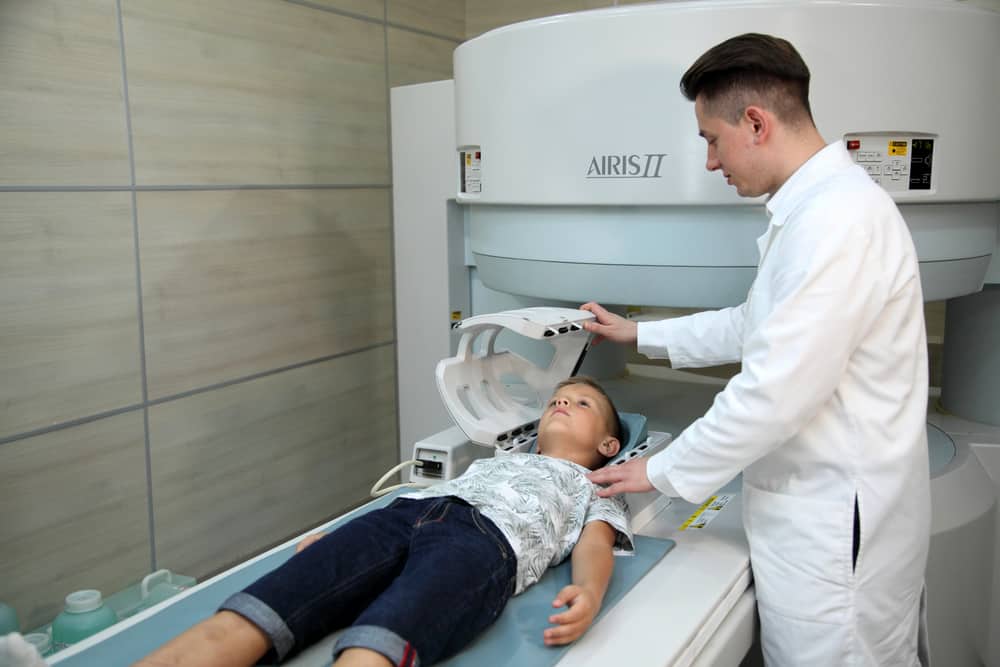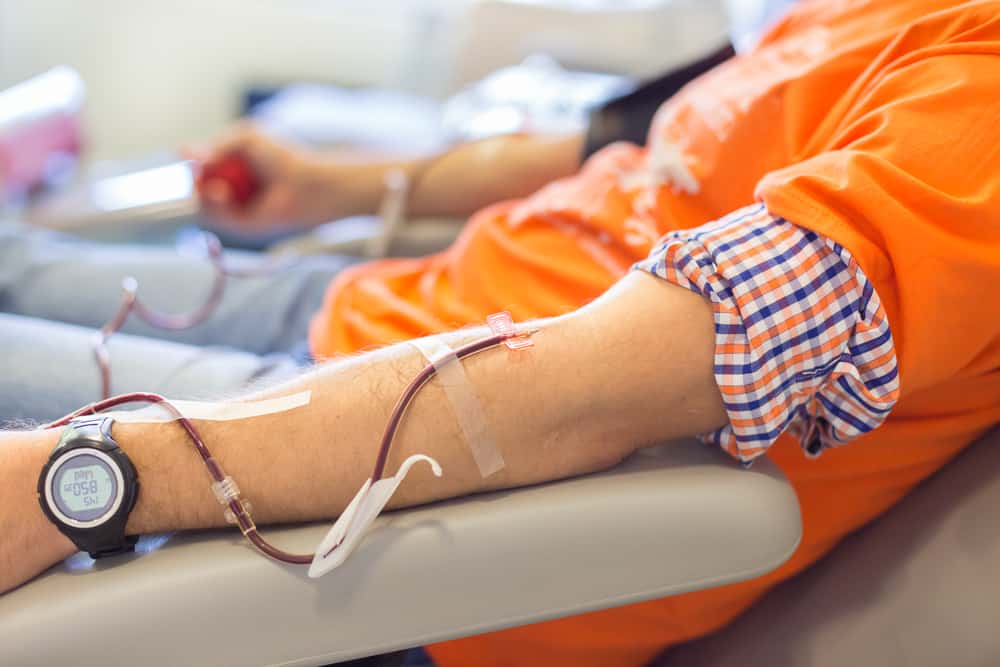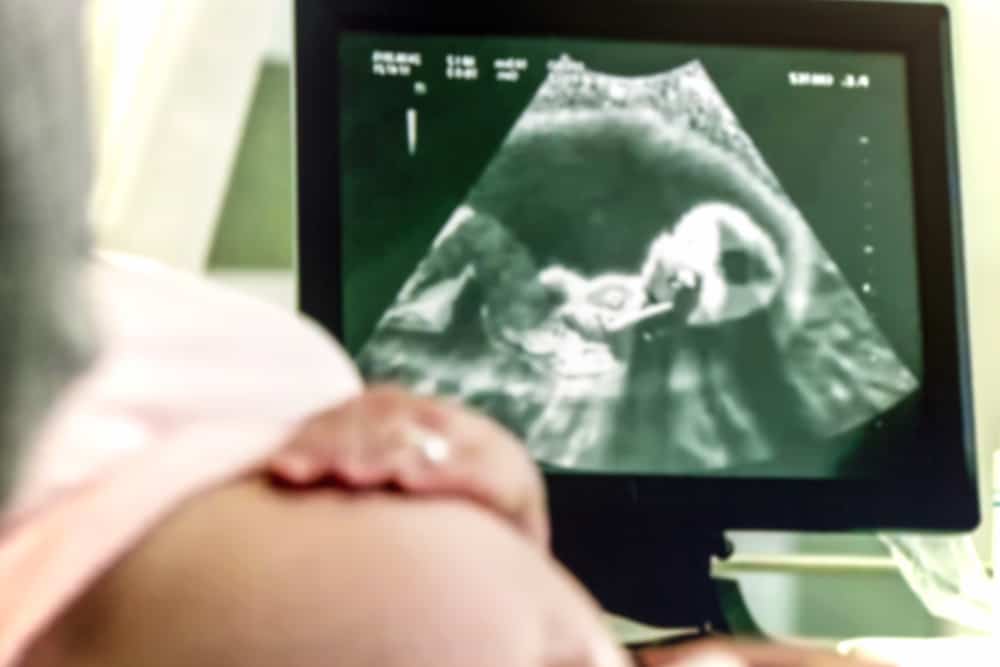Contents:
- Medical Video: Medulloblastoma
- What is PNET cancer?
- Symptoms of PNET cancer?
- Who can have PNET cancer?
- PNET cancer diagnosis
- Treatment for PNET cancer
Medical Video: Medulloblastoma
The central nervous system consists of the brain and spinal cord. The brain is the central organ that regulates all interactions that occur in the body. However, its performance will not be optimal without the help of the nervous system. The nervous system is responsible for delivering messages from all parts of the body to the brain and vice versa. The performance of the nervous system can be disrupted if there is damage, one of which is due to a tumor that can develop into cancer. One cancer that develops in the nervous system is PNET cancer. Is that? Here's the explanation.
What is PNET cancer?
Primitive Neuroectodermal Tumors (PNET) is a group of tumors consisting of small round cells originating from ectodermal tissue that affects soft tissue and bone. Ectodermal tissue is tissue that forms during the embryo and this will later form the central nervous system and peripheral nervous system.
Some PNET develops in the central nervous system including the brain and spinal cord, and others develop outside the brain such as the limbs, pelvis, and chest wall (PNET peripheral). PNET develops from cells left behind from the early development of the body from the uterus. Usually these cells are not dangerous, but can sometimes become a cancer called PNET cancer.
Symptoms of PNET cancer?
Primitive neuroectodermal tumors (PNET) can occur anywhere in your brain. Even so, PNET generally attacks in the back of the brain or also called medulloblastoma. PNET symptoms depend on the part of the brain where the tumor is developing, but usually a person experiences an increase in intracranial pressure (increased pressure in the brain). These tumors grow rapidly and occasionally spread to the entire brain or spinal cord.
Some symptoms commonly occur due to increased intracranial pressure, including:
- Headache (generally when you wake up in the morning)
- Gag
- Fatigue
- Seizures
If the tumor spreads in the middle part of the brain, close to the pituitary gland it is called pineoblastomas. This condition is usually seen in young children. Symptoms that may occur are eye movement problems or complaints of double vision, because these tumors are close to the nucleus (cell nucleus) that regulates eye movements and coordination systems. If the tumor spreads to the spine, symptoms that may occur include:
- Back or leg pain
- Difficulty walking or weakening leg strength
- Impaired bowel and bladder function, including urinary incontinence
Who can have PNET cancer?
This condition most often occurs in children aged between three and eight years. Boys have a bit more of this condition than girls. This cancer can also be found in adults, but it is very rare.
PNET cancer diagnosis
- Physical examination and medical history, including genetic tests if needed
- Imaging tests, namely with technology Computerized tomography (CT) scan and Magnetic resonance imaging (MRI) scan. This test is done to identify cancerous tumors and when cancer cells have spread (metastasis).
To diagonalize PNET, generally MRI of the brain and spine is carried out. Because this tumor spreads through the cerebrospinal fluid (CSF), there is a high probability that the tumor will invade other tissues in the body.
Treatment for PNET cancer
PNET cancer treatment in children depends on age at diagnosis, disease stage, tumor location, spread, and level of tumor activity. There are several methods of treatment (of course according to the direction of the medical personnel concerned), including surgery, radiation therapy, and therapy using chemicals or chemotherapy.
Brain surgery is generally the first step in treatment, with the aim of removing and removing as much of the tumor cells from the brain as possible. If tumor cells persist after surgery, or when cancer cells have spread, your child will undergo therapy using high-energy X-rays or other radiation beams to kill cancer cells.
Furthermore, chemotherapy can also be used using drugs that also aim to stop and kill cancer cells that tend to have spread to other parts of the body.












